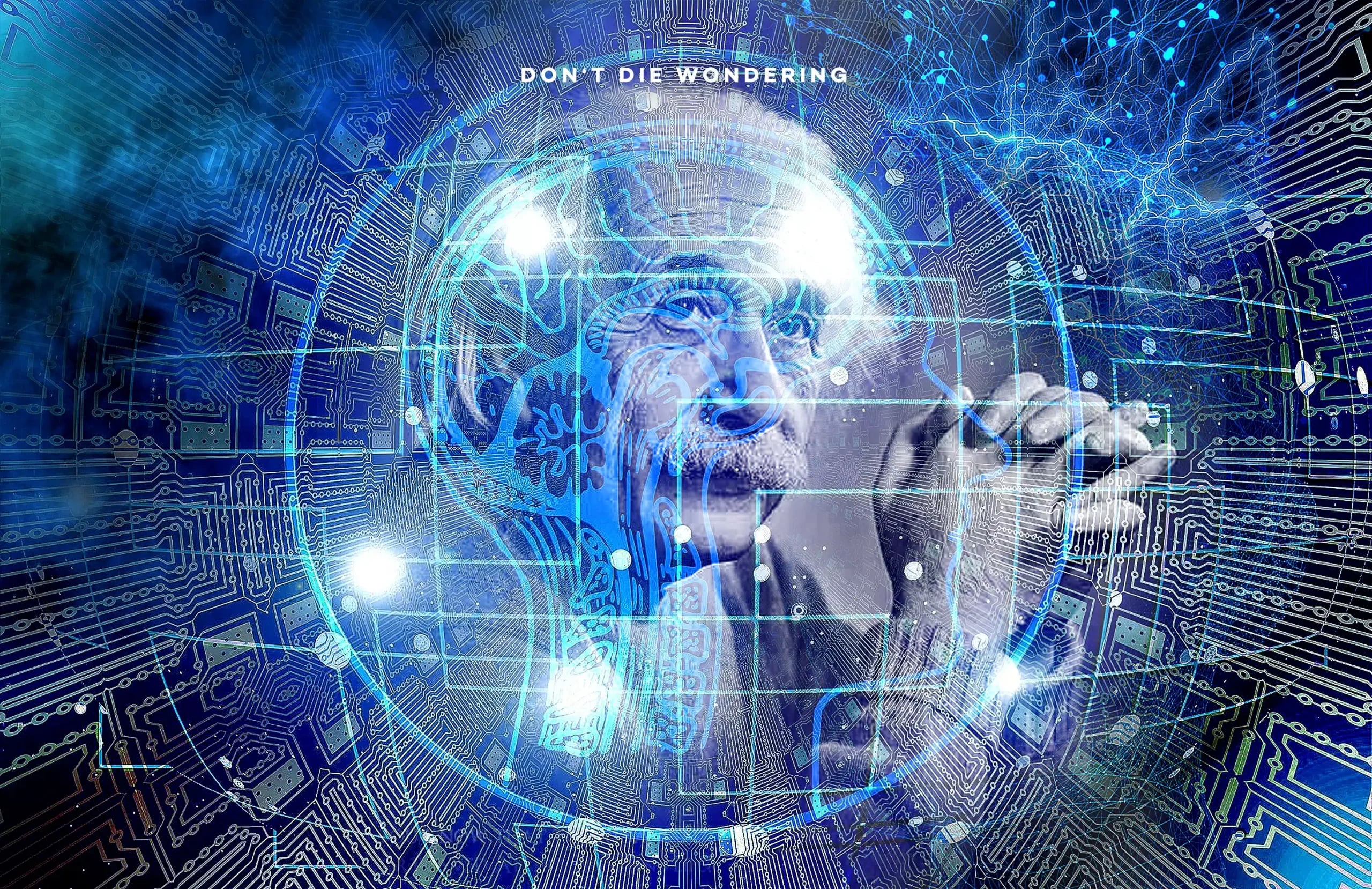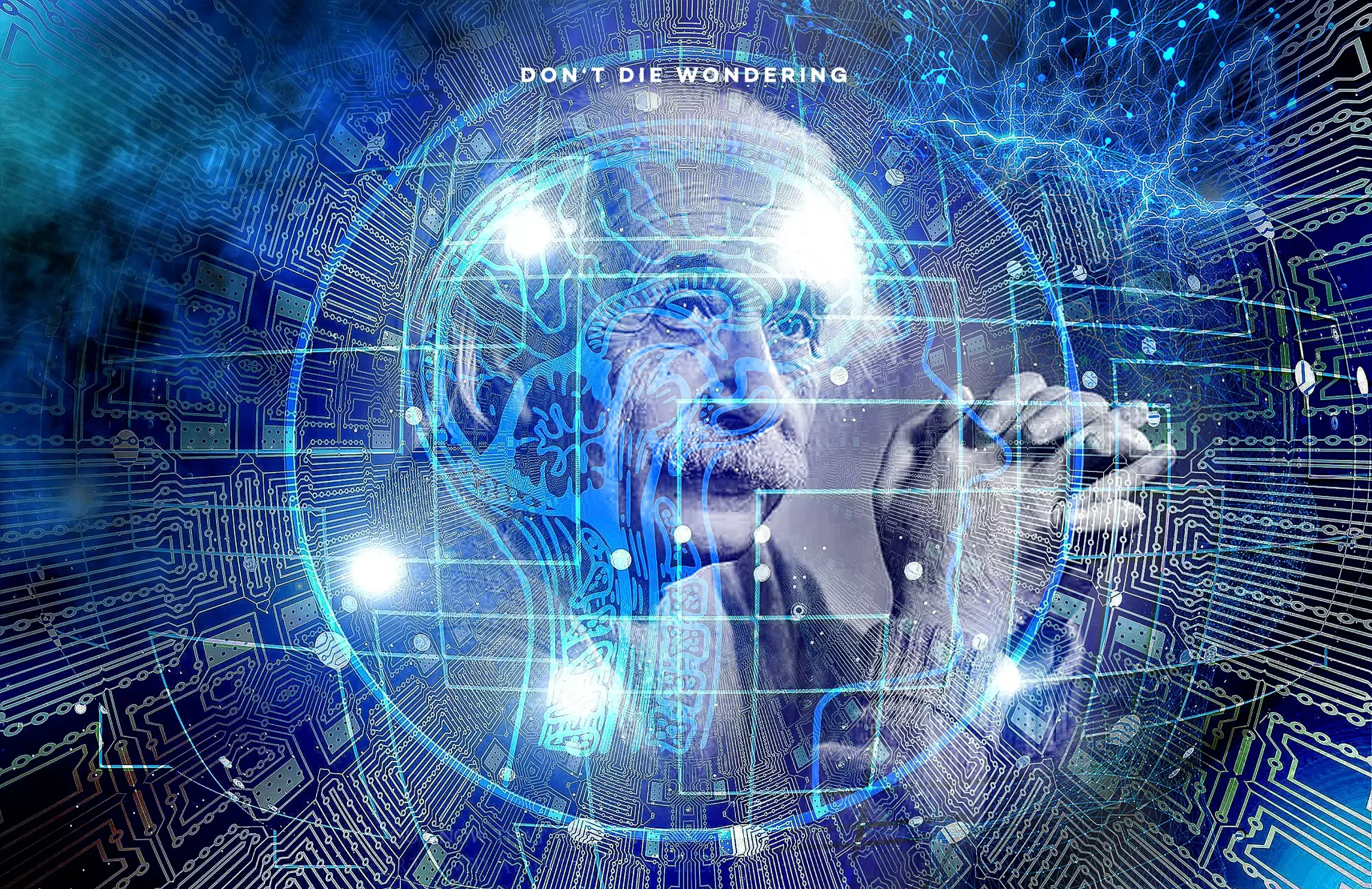Should we be more concerned about the unusual pace and nature of technological change and the world that this is creating?
The place of technology in humanity, existence is becoming an increasingly pressing issue. When Facebook, Instagram, and WhatsApp went offline in October 2021, it demonstrated how dependant we’ve become on social media. It also created an iconic tone for Dave Eggers‘ latest dystopian novel, The Every.
Through wacky satire and an insider-sabotage heist plot, the novel tackles the influence of tech monopolies. A sequel to 2013’s The Circle, The Every sees Google stand-in The Circle absorb an Amazon-like monopoly to become the world’s wealthiest, most powerful, and, as a consequence, most dangerous monopoly.
It’s a prophetic – and humorous – reflection on the rise of tech titans and how our naïve reliance on them might eventually be our downfall. It’s the contemporary answer to George Orwell’s 1984, with Eggers painting a dystopian future in which big tech has ‘transformed proud and free animals – humans – and made them into endlessly acquiescent dots on screens.’

The novel’s protagonist, Delaney, a self-described anti-tech ‘Trog,’ takes a position at The Every and attempts to end its ‘malignant reign on earth’ from inside, one terrible idea at a time. She devises a strategy with the aid of her closest friend, Wes, a fellow infiltrator, to pitch apps that, although enticing to the Every, are so clearly harmful to humanity that, if released, the public would have no option but to condemn the firm once and for all.
Unfortunately, much to Delaney and Wes’s dismay, each app—such as Friendy, which uses video calls to quantify the authenticity of friends – becomes extremely popular. The backfire exemplifies our growing participation in handing over our judgement and free will to algorithms and statistics, a topic Eggers returns to throughout his polemic.
The Every itself exudes dystopian misery, with large screens propagating their ideology: “Sharing Is Caring”; “Secrets Are Lies”; “The World Wants to Be Watched”. Employees, nicknamed ‘Everyones,’ are exhausted from constant monitoring through self-improvement apps that track everything from physical activity to political correctness. Delaney meets a series of unhinged coworkers at the Every, each one embodying the worst of technology’s frightening side effects.
For example, Kiki’s every step is governed by programmed ‘self-improvement’ notifications from her oval (think of a glorified Apple watch) that are actually pushing her towards a nervous breakdown. Then there’s Alessandro, who is constantly afraid of making a mistake or saying something wrong and therefore losing his job (all Every employees are monitored by AI).
The book draws similarities between our increasing uneasiness with uncertainty, ambiguity, and nuance, and our ceding of control over our lives to algorithms and data. We no longer trust other humans to make judgments, and we’re also getting less confident in our own ability to do so.
The market is saturated with apps that promise to make us better, whether that be by scheduling our days or knowing how many breaths and steps we should take, to the point where any uncertainty left makes us anxious. Essentially, people have been promised a level of certainty and predictability that might just be unrealistic. Have we lost the ability to make decisions alone?
Strangely, we’re so eager to address issues with technology yet, in many cases, technology is the source of – or at least adds to – the problem in the first place. Not having a non-technological solution seems never to be an option.
You’re just desperate for a dystopian novel to be wrong when you’re reading it, but regrettably, that may not be the case this time.
SEE MORE: PARIS HILTON ENTERS THE METAVERSE WITH NEW ‘PARIS WORLD’ ROBLOX BUSINESS


